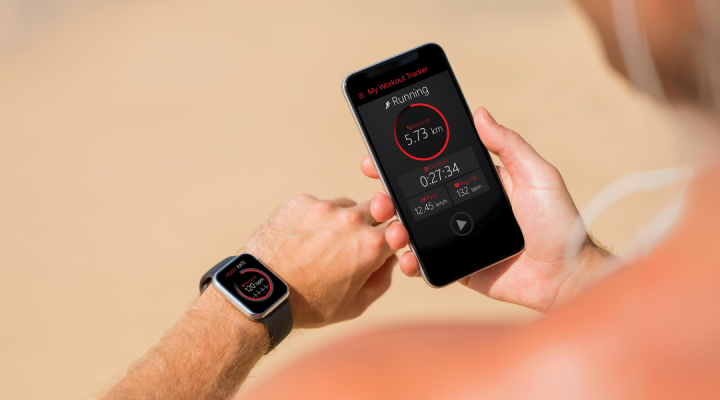The Covid-19 crisis has offered digital platforms opportunities; with those enabling distance retail fairing far better. Don't bet against the others though.
Since the Covid-19 pandemic began, commerce appears to be getting significantly more digital. Amazon is hiring 100,000 extra workers across the USA to deal with the surge in demand, while Facebook has seen a surge in the use of its apps and Zoom has added millions of new users, according to analysts’ estimates. Meanwhile, pubs, restaurants, cinemas and many traditional retailers are shuttered, and it is little surprise to see that shares in cruise lines have plunged.
Online isn’t everything
It is tempting to see the Covid-19 outbreak as an accelerator, speeding the shift from the old economy of bricks and mortar to a new world in which everything is online, and the digital platform giants reap the biggest rewards. But the narrative might not be that straightforward. The so-called sharing economy has been dealt a significant blow by the outbreak. Airbnb bookings have collapsed across Europe and China and the company’s plans for an initial public offering this year appear to be in doubt.
And while Facebook messaging is up significantly, these services are not necessarily monetised, so the company is vulnerable to a slump in advertising. Facebook acknowledged a “weakening” in its ad business where countries are taking aggressive action to slow the spread of the virus. The biggest impact of the outbreak on consumers is likely to be in the creation of new habits that will outlast the current crisis. In Spain and Italy, where people have generally preferred to browse local markets and grocers for their food so they can gauge the quality of produce, the lockdown is forcing a shift.
Social shift
Our recent survey on UK citizens’ online platform habits shows that those who already use one type of digital sharing platform (e.g. Uber, Deliveroo) are three to four times more likely to use other sharing platforms (e.g. Justpark) compared to non-users. Another interesting finding that supports the existence of this spillover effect is that more than 60% of citizens that have never used a digital platform before indicate hesitation about being able to learn how to use sharing platforms skilfully. Now that the Covid-19 related restrictions on movement are forcing all of us to learn how to use various digital platforms, this psychological barrier to ‘going online’ is being reduced for many people as our survival currently depends on these platforms in many ways.
In the long run, the shift to doing more business online is irreversible as also evidenced by a 60% increase in the closure of physical retail stores in the US as compared to last year. Similarly in the UK, non-food online penetration rate increased by 50% compared to last year. These numbers are likely to increase further in the coming months.
This trend is going to strengthen digital platform companies in two ways. Firstly, the direct effect is that a greater volume of online transactions will lead to greater economic power for companies like Amazon. They will be able to secure new suppliers and may ramp up in-house production for items where external suppliers cannot cope with demand. Secondly, because we are now shopping more online, we are generating more data, which will allow retailers to improve their analysis and fine-tune their targeting of consumers. In a nutshell, more direct sales volume as well as more data translate to more business for platforms.
Reputation reversal
This crisis is also an opportunity for the platform giants to enhance their reputations. Facebook, in particular, suffered a loss of trust after the Cambridge Analytica scandal which became public in early 2018. Two years later, during the outbreak, Facebook has been keen to demonstrate that their services can bolster the social connections and communal experience that have been cut off in real life. Other platforms like LinkedIn have been making a clear move into supporting and even providing online education.
Ultimately though, socialising is a profound human need that cannot take place exclusively online. Businesses that provide social interaction in the real world will be back once this crisis is over. That means that companies like Airbnb and Uber will endure in the long run. But there will be fundamental changes to doing business as we have now realised, both as individuals and businesses, that using today’s technologies, working from home and meeting virtually can be just as efficient as offline conferences.
Learn more about Pinar Ozcan's work on her Saïd Business School profile page.




